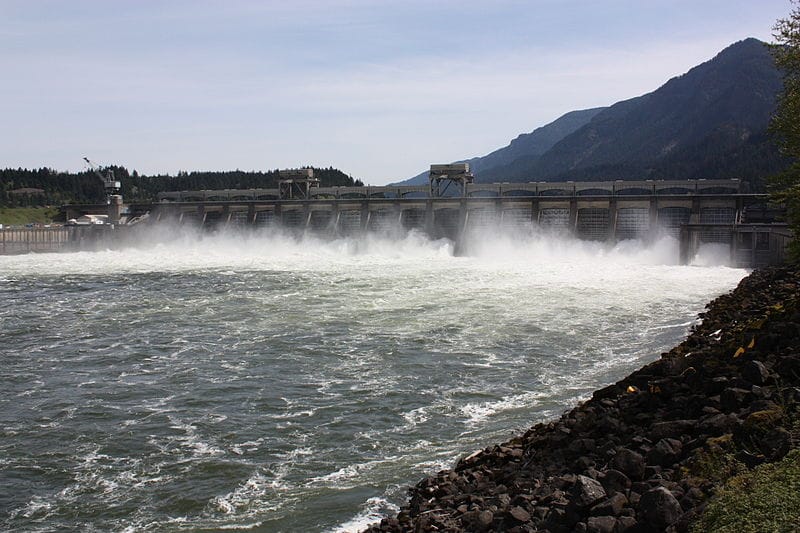By Region
Groups assail BPA’s woefully low efficiency spending proposal
NW Energy Coalition and 29 other clean energy advocacy organizations and businesses submitted a group letter to the Bonneville Power Administration April 11, urging the agency to adequately fund energy efficiency it its FY 2016-2017 capital budget. The letter expressed concern that the proposed budget is inadequate to meet BPA’s legal obligations or to pursue the best interests of the region.
Governor signs bill to preserve Oregon's RPS
Today Governor John Kitzhaber signed HB 4126 to preserve Oregon’s highly successful Renewable Portfolio Standard (RPS). The bill is the result of a diverse stakeholder process convened by the Governor to address a ballot measure, which would have gutted the state’s RPS by allowing existing hydropower to count towards the standard. Renewable Northwest commends the Governor for his leadership in preserving the RPS, which has helped to bring over $9 billion of capital investment to Oregon as well as thousands of jobs and tax dollars to rural communities.
Washington legislature: I-937 survives challenges while new clean energy bills stall; operating budget provides oddly mixed message
Thanks to the steadfast efforts of activists such as you, our Clean Energy Initiative 937 has weathered another stormy legislative session. Despite numerous bills to weaken its energy efficiency and new renewables standards, I-937 emerged from the session not only relatively unscathed, but in some ways strengthened.
BPA seriously underfunding energy efficiency
Bonneville Power recently released its proposed capital budget, but it has not yet finalized its expense budget for public review. Given what we’ve seen so far, BPA’s draft budgets for 2016-17 seriously underfund energy efficiency efforts, making achievement of the full power savings called for in the regional plan unlikely at best.
NWEC spring conference to feature energy efficiency panel
Please join us May 2-3 at the NW Clean & Affordable Energy Conference in Helena, Mont. One of panels at the Helena conference will address the challenges and opportunities for increasing energy efficiency in the Northwest. Energy efficiency is now the second-largest resource used to meet customer electricity needs, and meeting all new electricity needs with energy savings is within reach. But troubling clouds are on the horizon.
Save Our Wild Salmon press release: Science panel’s review provides pathway to expanded spill test
On Friday, the Independent Scientific Advisory Board of the Northwest Power and Conservation Council released its review of Oregon’s proposal to test state, federal and Tribal scientists’ findings that increased spring spill over Columbia Basin hydropower dams would help restore endangered Columbia-Snake river salmon stocks.
Olympian Editorial: Do not compromise the Energy Independence Act
The Olympian editorial denounces bills in the Washington State Legislature that would chip away at our Clean Energy Law, Initiative 937. The article asserts that Washington should continue developing new renewable energy resources, such as wind, solar, and geothermal, in order to reduce carbon emissions.
Stop the clean energy rollbacks!
Several bills moving toward floor votes in Olympia would undercut our clean energy law, Initiative 937, and reduce Washington’s commitment to a clean and affordable energy future. Proposed changes include allowing coal purchases from the TransAlta plant to reduce utilities’ renewable energy obligations. Tell your state legislators to stop rollbacks to I-937 and clean energy!
Oregon Future Energy Conference: April 22, 2014
Returning for its eighth year, this is a conference for all those working to build the clean energy economy, including members of the energy industry, energy end-users,policy makers, and economic development professionals – providing an exceptional forum for learning, networking, and business development. Content covers policy and economic development; the business of renewable energy; the business of energy efficiency; and energy sector highlights. The conference is presented by the Northwest Environmental Business Council.









